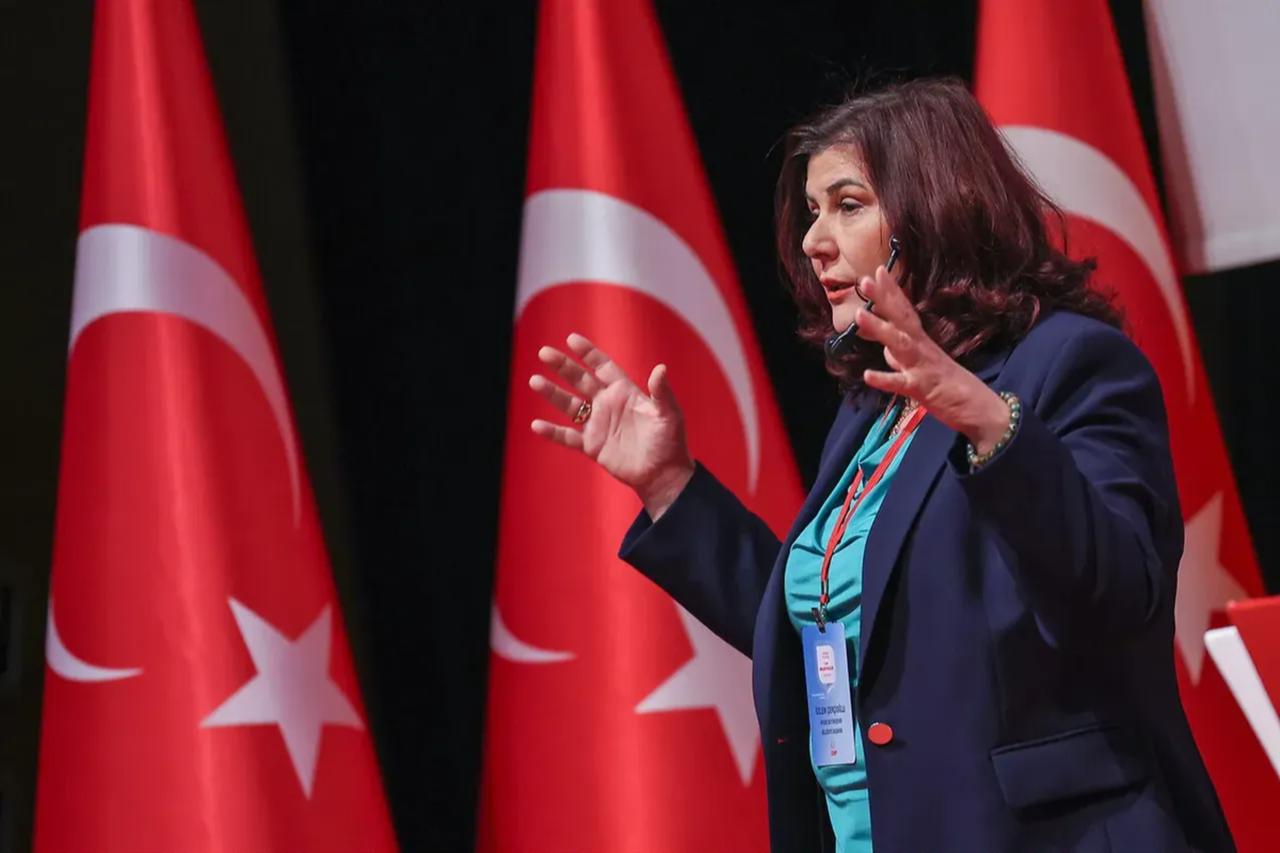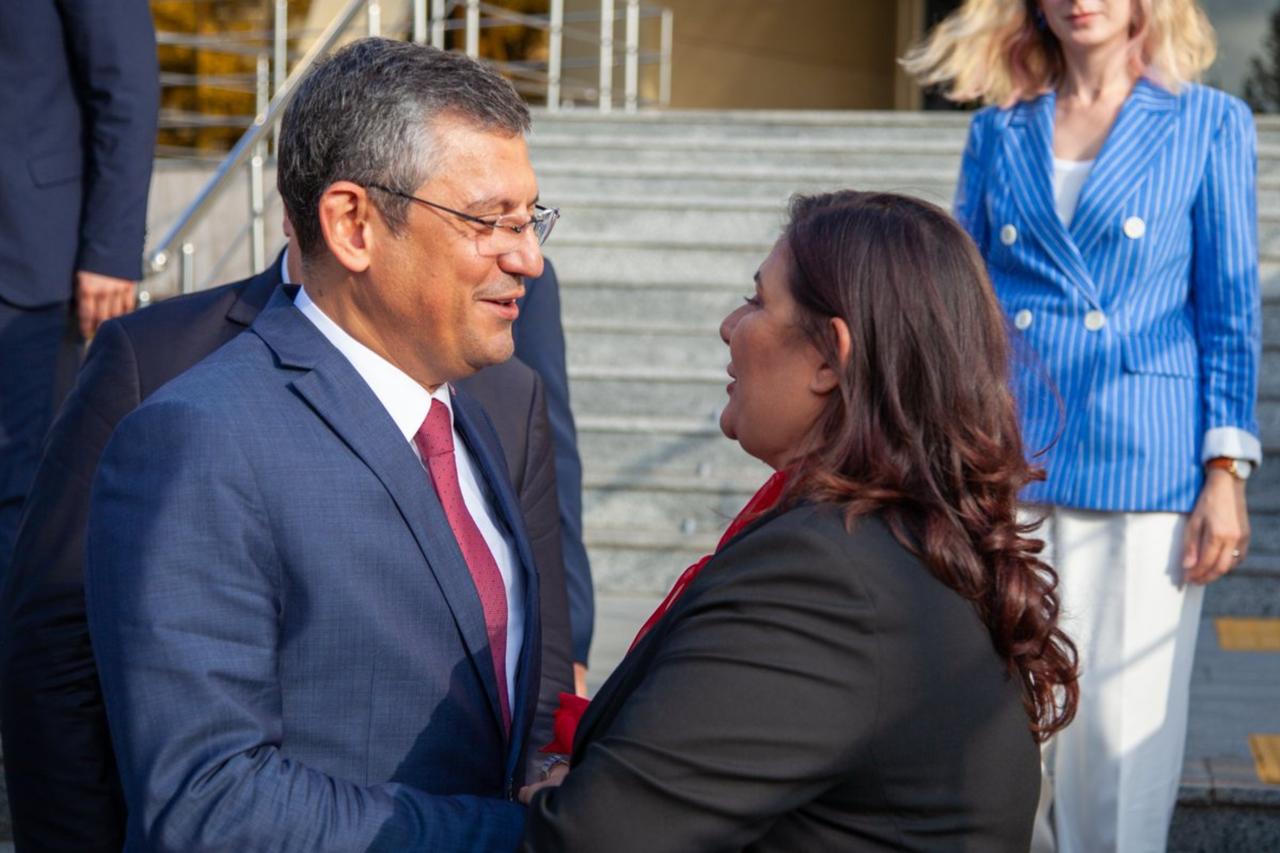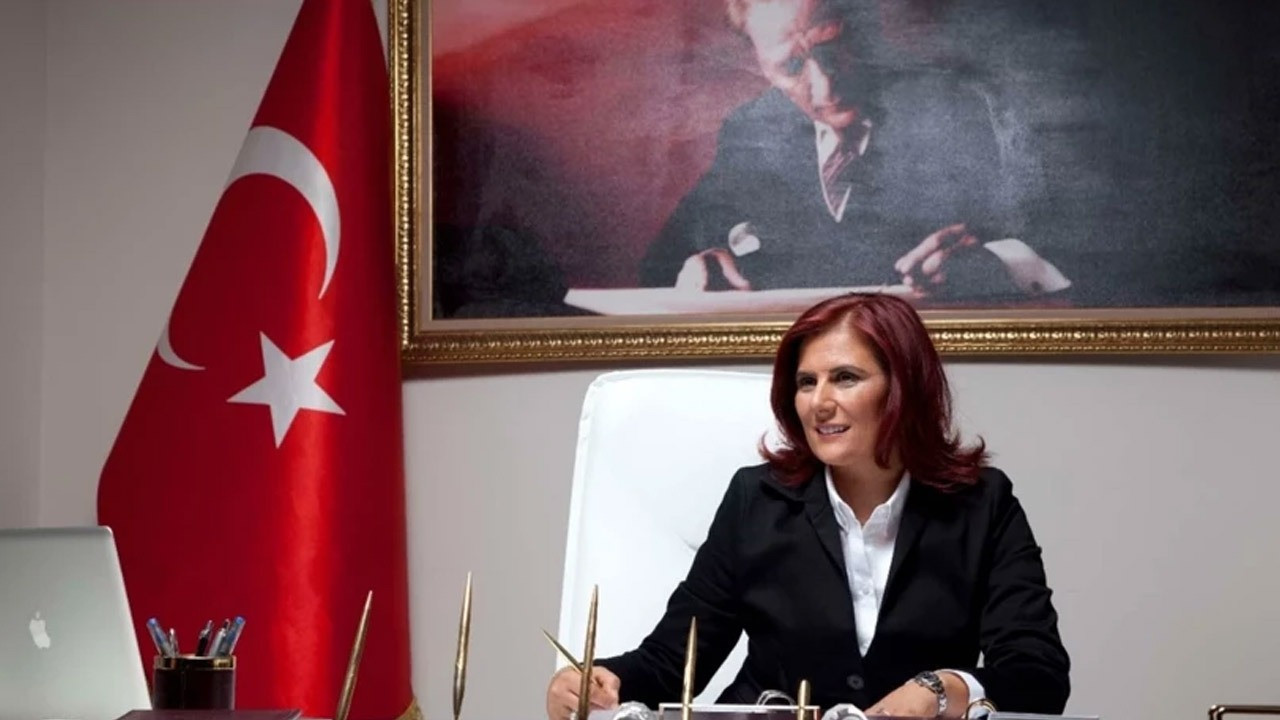
Ozlem Cercioglu, the influential mayor of Aydin Metropolitan Municipality and a long-standing figure in the Republican People’s Party (CHP), is set to join the ruling Justice and Development Party (AK Party).
Often referred to in the Turkish media as "Topuklu Efe," she has been at the helm of Aydin’s local administration since 2009, making her one of the most prominent female politicians in local governance. Reports suggest that her move will not be a solo transition; several other CHP municipalities are also expected to defect from CHP to the AK Party alongside her.
The potential shift was indirectly signaled by President Recep Tayyip Erdogan, who on Aug. 14 hinted at “important new joinings” to his party and, during a youth meeting, made remarks that observers interpreted as pointing to Cercioglu’s imminent defection.
Now, as CHP’s leader accuses her of caving to threats and committing betrayal, her decision to bring along several party figures instead of crossing alone points out another fresh infighting within the opposition.

Born in Nazilli, Aydin, Cercioglu entered national politics in 2002 as a CHP deputy for Aydin, serving two terms in Parliament. In 2009, with the endorsement of then-CHP leader Deniz Baykal, she became Aydin’s first female mayor. She retained her seat in 2014 when Aydin gained metropolitan status, and again in 2019 and 2024. Over her 23-year political career, she has been known for her nationalist-leaning stance within CHP and her close ties to former leader Kemal Kilicdaroglu.
Her tenure has been marked by both popularity in her constituency and recurrent controversy, particularly over municipal contracting practices. Despite this, she maintained a strong electoral track record, securing multiple victories in a region considered a CHP stronghold.

CHP leader Ozgur Ozel has sharply criticized the move, accusing the government of using judicial threats to pressure Cercioglu into switching sides. He claimed that she was given a stark choice: “Either face prison or join our party.”
This assertion stems from an ongoing legal matter in which Cercioglu’s name has surfaced, one of which is about testimonies by contractor Aziz Ihsan Aktas, whose business dealings with multiple municipalities, including the city of Aydin, have been linked to corruption investigations.
While these investigations have not yet resulted in charges, the opposition leader speculated that the threat of prosecution may have been used as leverage. Ozel has also drawn attention to a wheel manufacturing company linked to Cercioglu’s family, suggesting that its financial troubles might be resolved under AK Party patronage if she switches sides.
Yet the scale of the shift has raised questions that Ozel’s narrative does not fully answer. If Cercioglu’s move were purely about self-preservation, analysts note, she could have quietly secured her own political future. Instead, she reportedly lobbied a cluster of other CHP-led municipalities to defect alongside her, a coordinated move that risks reshaping the political map in western Türkiye.

Beyond legal pressures, insiders point to longstanding tensions between Cercioglu and the CHP’s current leadership. Ahead of the 2024 local elections, her candidacy was reportedly in doubt, with some party members arguing Aydin could be won without her. Ultimately, she was re-nominated, a decision that Ozel says was influenced by former party leader Kilicdaroglu’s prior public endorsement of her.
Political aides claim that relations between Cercioglu and the CHP headquarters had been strained for over a year, with her feeling increasingly isolated within the party. Some local CHP members allege that municipal staff in the Aydin, Soke, Sultanhisar, and Yenipazar administrations were pressured to resign from the party or provide video proof of quitting before the anticipated defection.
What makes Cercioglu’s move especially disruptive is its reported ripple effect. While Ozel portrays her departure as a cautionary tale about state pressure on opposition figures, others see a more pragmatic calculation on Cercioglu’s part.
For some observers, defections by even the CHP’s most prominent figures raise questions about whether insider knowledge points to trouble ahead for the party. The timing has fueled speculation that these moves reflect concerns over a wave of looming corruption probes targeting the CHP.
Either way, Türkiye is entering a historic moment, shaped not only by investigations into the opposition but also by the “terror-free Türkiye” process and rapidly shifting dynamics in Syria.